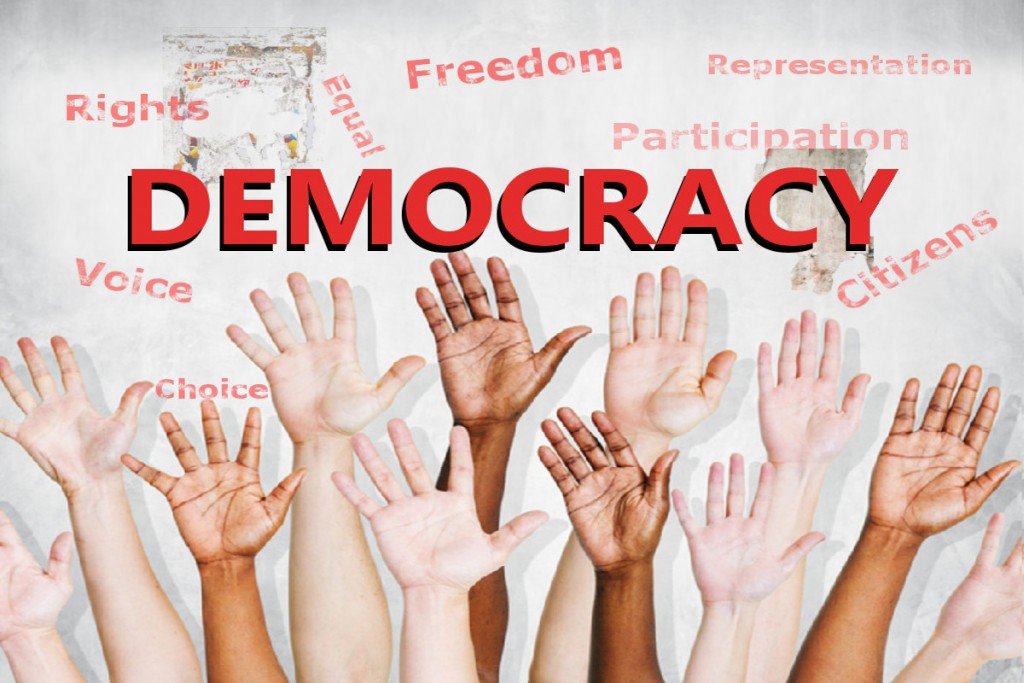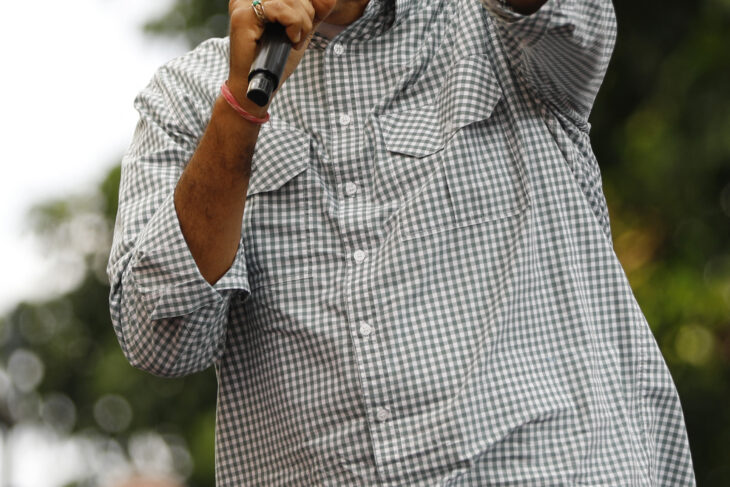
“In a pure democracy a pure majority can easily terrorize the rest of the country.”
That quote is from a document explaining why the founding fathers of the United States of America invented the Electoral College, giving a few “electors” the task of determining the results of the national election to select their next President.
So, it is possible for the majority of voters in the election to favour one candidate only to see their “choice” lose, and another elevated to the most powerful office in their country.
For one schooled in “democracy” the very thought of a minority leader was troubling. Yet, the people of the USA continued with this method of selecting their President, even after the 45th President proved to be (what is now patently obvious) an error of extreme proportions. So, at the next opportunity, an election, their “error” was corrected.
This brings to mind the “democratic” elections of some of our sporting leaders, who, during their tenure in office, have shown that their election was an “error” but due to the method of leader selection and contrary to the wishes of the majority, were able to continue their reign, even when it was patently obvious that an “error” had been made.
In some of these “democratic” elections, the “leader” is able to garner enough votes of the majority who are permitted to vote, thus prolonging their tenure, to the detriment of the sport, the fans and supporters, only improving the well-being of the leader and those who “democratically” support him.
Recently, in the sport of cricket, a leader was elected, and within a few years spearheaded the relentless path to irrelevance in the rankings of the cricket world. The regional cricket team continues to be among the minnows fighting/qualifying with Associate teams for the privilege of competing for the ultimate cricket prize — the World Cup. It was only then that those tasked with “democratically” electing a leader realized that, even though their own personal well-being improved, the future of the sport in the region demanded a change.
In football, the same scenario appears. A leader is “democratically elected” and within a short time it is obvious to all the fans and supporters that an “error” has been made, but as is now the “norm” those tasked with democratically electing the leader are subtly reminded of the “perks” of their own personal position, thus ensuring the continuation of a presidency that minimizes the contribution of the people that matter — the players — while ensuring that the ones who vote are the ones benefiting most from the policies of the hierarchy.
I have listed only two sports, but a careful review of how sporting leaders are elected needs to be done, giving the participants and the supporters of the particular sport a “say” in how these leaders are “democratically” elected. The well-being of the participants, fans and supporters demands it.



